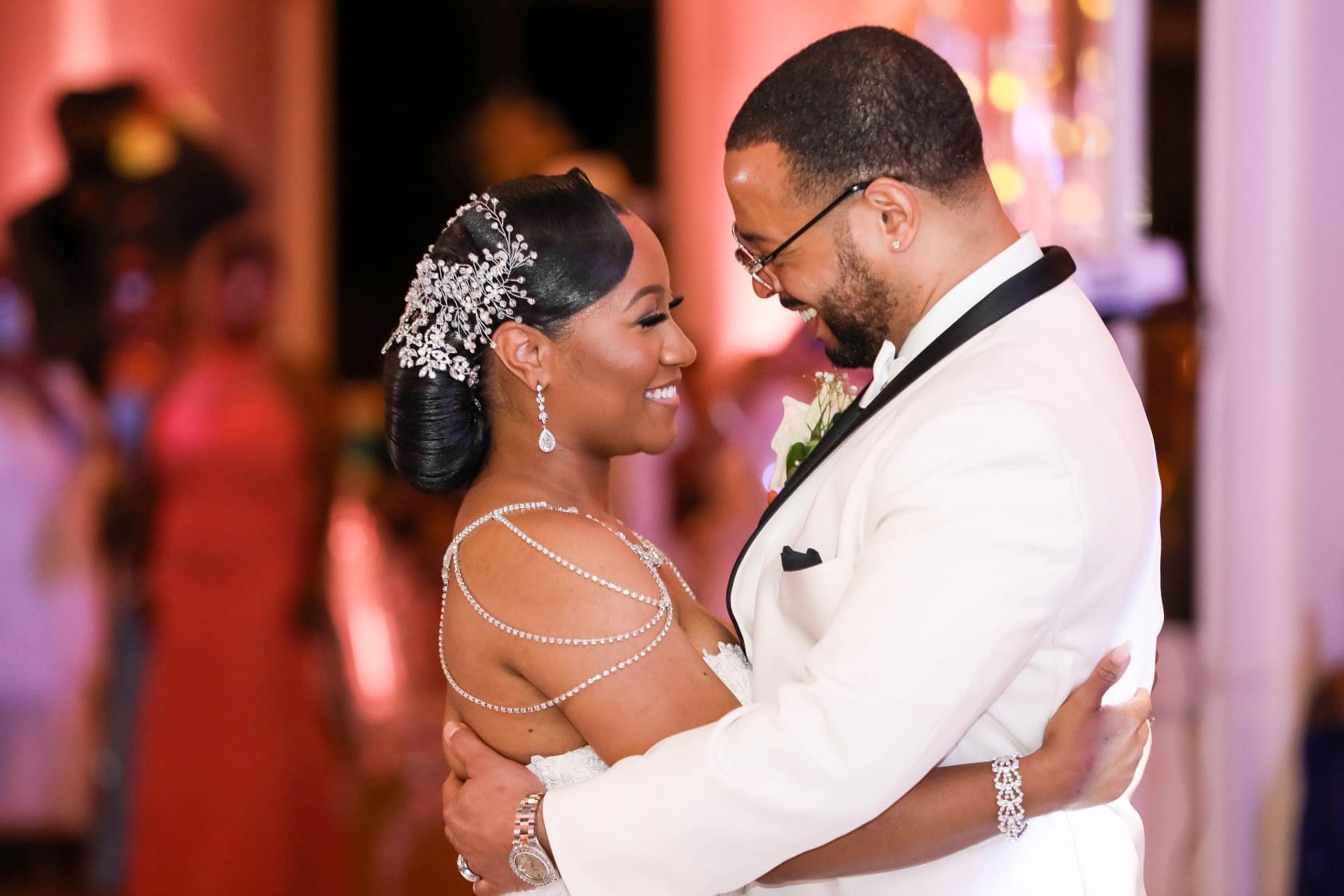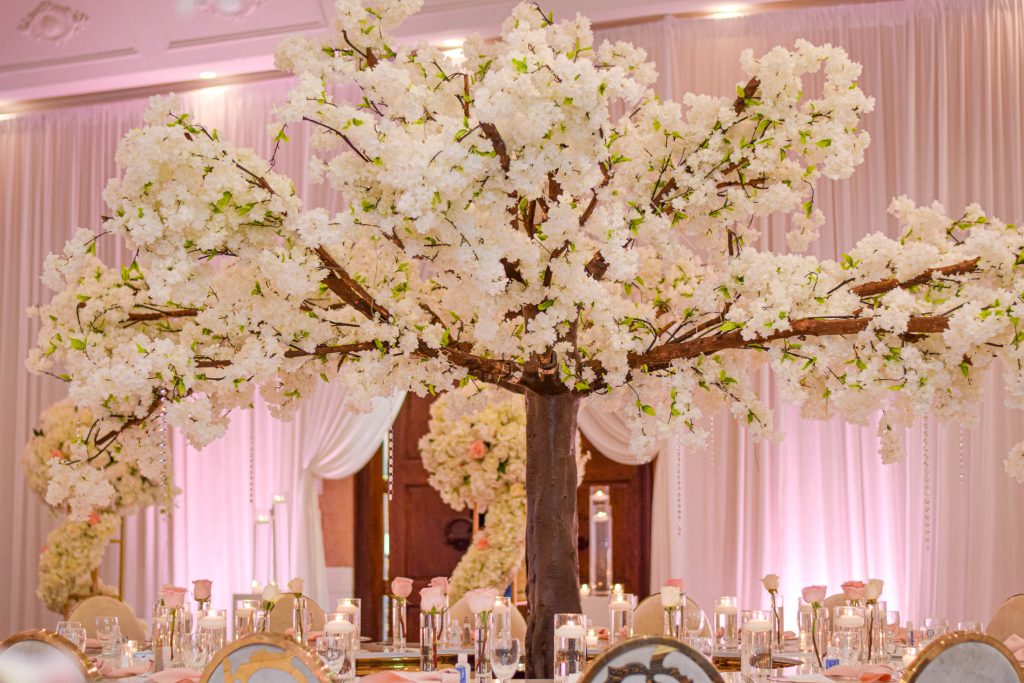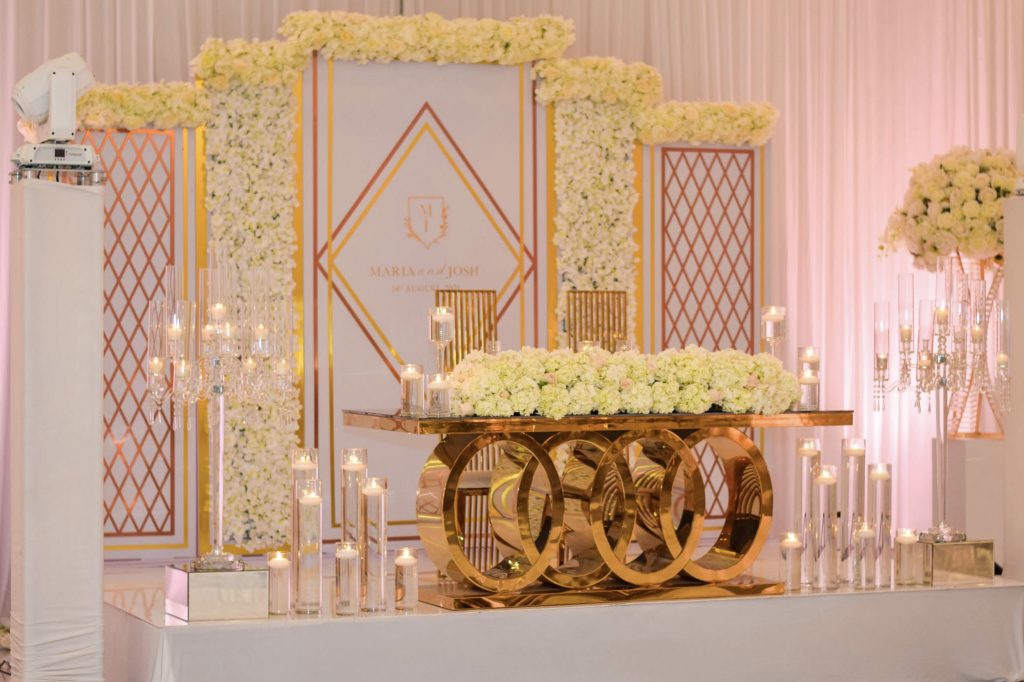What To Do When You First Get Engaged?
Reality Check
The experience of being engaged is a magical one. In which, you feel like you’re floating on a cloud and in a fairytale made real. But– Reality Check! The actual joining of the two beautiful souls is great. The planning of the ceremony is what may drive you bonkers; especially if you haven’t planned many big events in your past.
The Budget
While crunching numbers may seem daunting to many, it is essential in getting the wedding planning process rolling. With the average wedding coming to around $30,000, you should try to get a good understanding of your grand total.
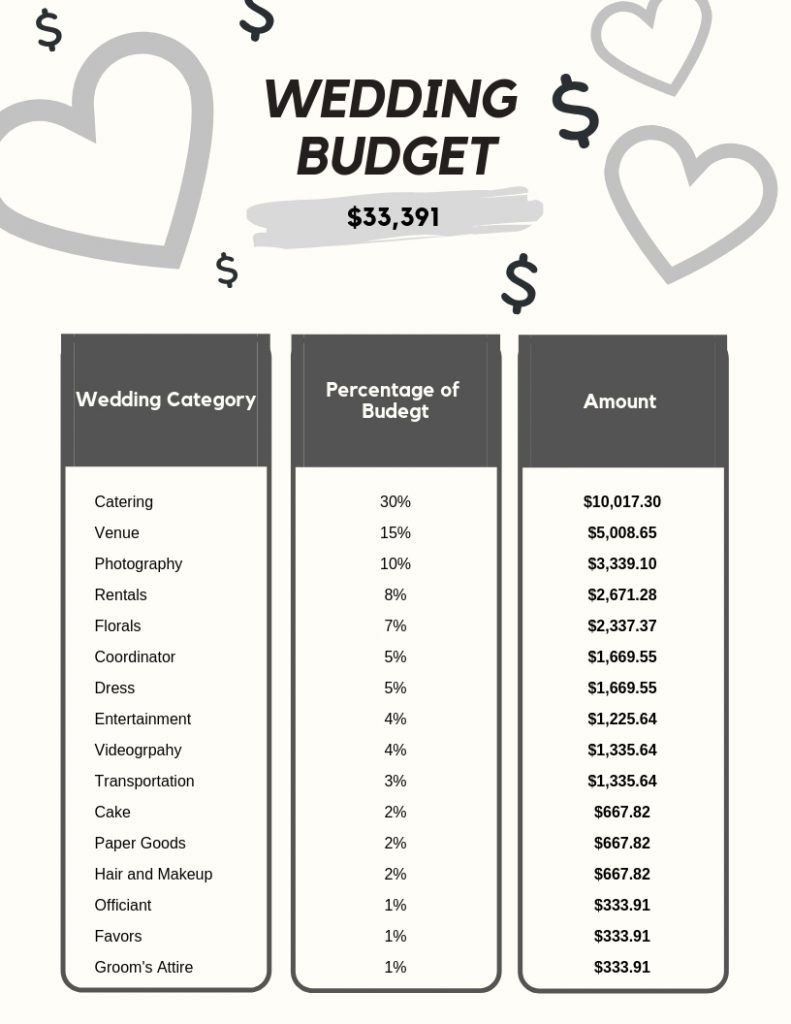
When making your budget you should think about a few things:
Savings: Think about how much you and your fiancé have saved up separately or together.
Donated Dollars: Is mom or dad covering an expense? Aunt giving some money toward the dress? Make sure to take into account where the donated dollars are coming from and how they work into each part of your budget so that you do not have miscellaneous money floating around and unaccounted for.
Current Income: Think about the amount of money your fiancé and yourself are able to make available out of what you are a currently making. This allows you to have the conversation of who is covering what between you and your partner.
Thinking about these things should make beginning the wedding planning process a little less frightening.
Pick That Date
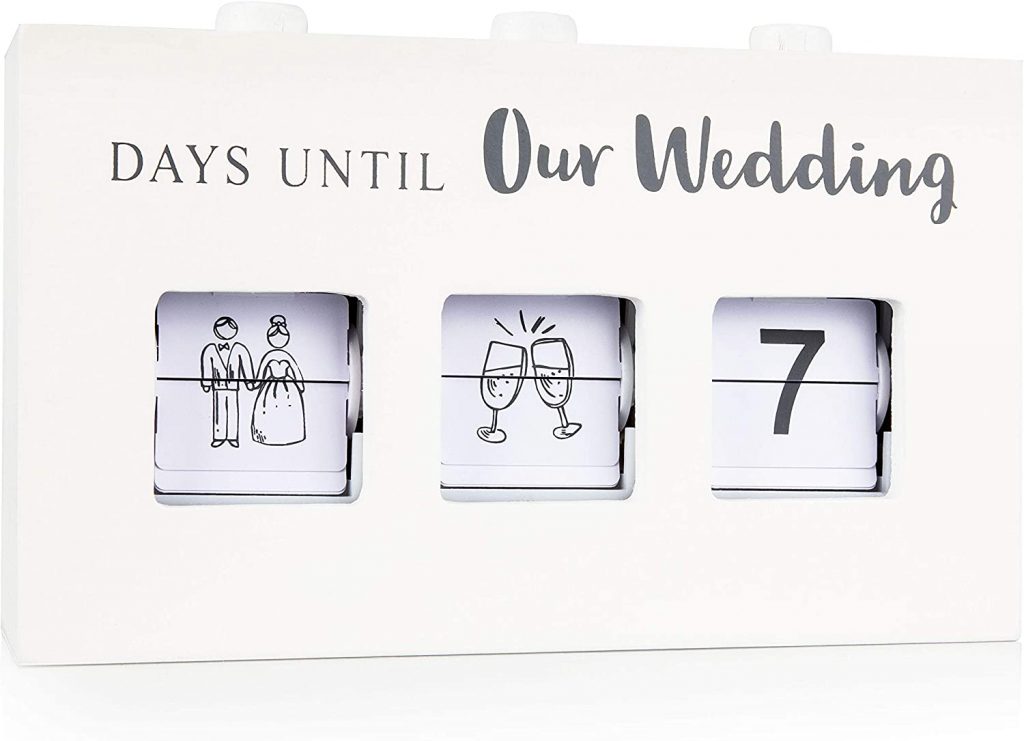
First things first, consider how much time is needed to plan your special day. According to The Knot’s 2021 Real Wedding Study, an engagement typically lasts 15 months.
It’s alright if you want to choose a date a year out from now. It gives you more time to get everything right for the perfect day. Especially if you or your fiancé have a very particular date in mind. There’s a little more freedom for those who may want to get the festivities over and tie the knot more quickly. This approach allows you a great result and more flexibility in the resulting look, space, and feel of the event.
Now when it gets down to actually picking the day consider:
- Anniversaries
- Birthdays
- Holidays
- Other symbolic events/dates
Guests List
Time to talk about the guest list. This part does not have to be stressful. Remember it’s your day, you invite (or don’t invite) who you want to. The important thing to remember here is to not feel obligated to invite anyone- family or friend.
While a lot of people may want to bear witness to your beautiful day of matrimony, you guys are the one’s that foot the bill for everyone. So why pay for someone you rarely see or do not even know?
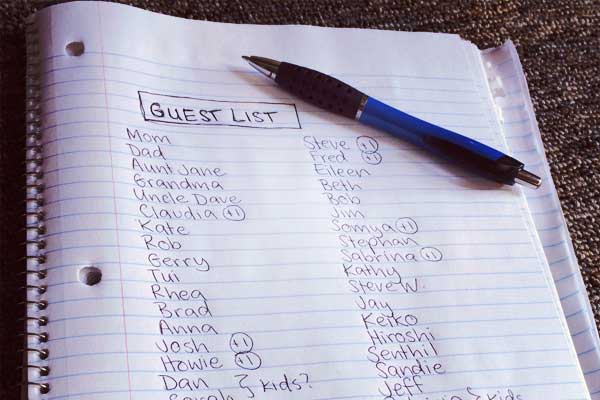
Here’s one way to sort out who you deal important enough to go to your special day:
- First think about how many guest total you want at your event, this will in turn help you figure the venue size you need, how many mouths for catering, and other necessary counts.
- Next, think about how many guest total spilt between you and your partner.
- Then, think about your wedding party and who all needs plus ones.
- Lastly, think about the amount of plus ones for the attendees outside the wedding party.
These steps should help you get a general number of who all is coming and help get the ball rolling on the planning process.
The Venue
Whether or not you are using a wedding planner, having a general idea of the type of space you want for your special day is essential. Why? The venue plays a role in decisions when it comes to budget and decor.
Here are some things to think about:
- Do you want to be indoors or outdoors?
- Is it available for the date you want?
- Does it match the theme you had in mind?
- Is it the limits to the budget you set, should you move some money?
Finding A Wedding Planner
This process is all about finding a wedding planner that you connect with. Starting this process is a simple search of their online presence: social media, website, etc. This will help you to see if their style aligns with your vision.
Another essential piece to this step is meeting face-to-face with your planner (whether it be in person or on zoom). You will be able to tell if you’ll work well with them by the flow of the conversation. Do they seem interested? Do they understand your vision clearly?
PSA: In this step you should be reading contracts/ invoices to ensure that everything within your vision has been translated and that you are okay with any fees (set-up, break down, etc).
Lastly
If you and your fiance can get through these steps together, starting out the actual wedding planning process shouldn’t be daunting. Just remember to be present with all of the details when it comes to pricing and design.

